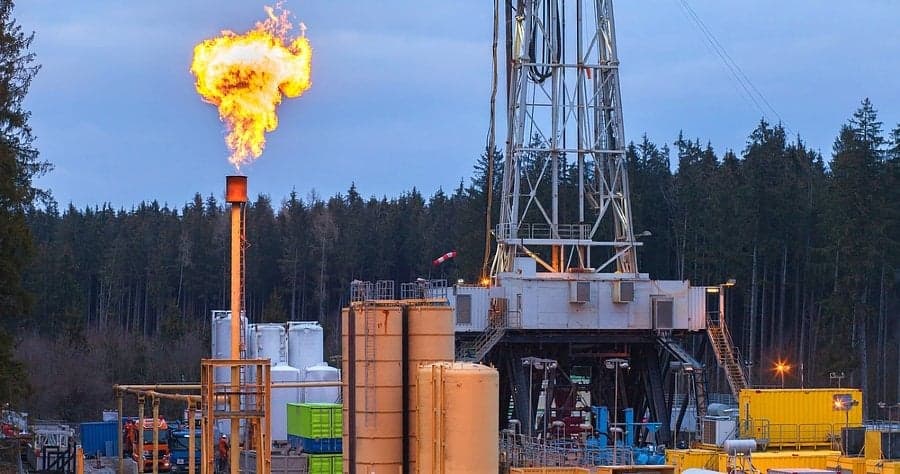With an abundance of jobs in the oil and gas industry, you would think landing one would be a simple and straightforward process.
The truth is that getting a job in this industry is highly competitive. While you may have the necessary qualifications, your application may not stand out against the multitude of other applicants.
Don't give up! Knowing why you're not getting a call-back is the first step in learning how to better market yourself to land your dream job in the oil and gas industry.
Keep reading to find out why you aren't getting a call-back on your job application:
1. Your Resume is Not Up-to-Date
You may have the skills and experience necessary to fill the position you are applying for but, if you’re not communicating this clearly on your resume, you will be easily overlooked for the job.
Make sure your resume includes all updated information such as job experience, training and tickets you have acquired.
Plus, regularly updating your resume gives you a chance to keep up with current resume trends. For example, employers are no longer interested in the “personal details” section so you can omit that information and add in more relevant skills and experience.
2. You Don’t Have the Necessary Tickets
Again, you may have the skills and experience required for the job you are applying for but if you don’t have the necessary education and tickets, the position will be passed to someone who does.
Carefully look at the job description to see what tickets are necessary then determine whether or not continuing your education is worth getting the job you are seeking.
There are many great online resources and courses that can help you get on track for your dream career in the oil and gas industry.
3. You Need More Training
Perhaps you don’t have to completely restructure your education but you may not be getting a call-back on your job application because you don’t have the necessary training.
Again, take a look at the job description to determine what kind of training the employer is looking for. You can then take a look at online schools to complete the necessary training and reapply for the job.
Plus, having some extra training under your belt, even if not required by the employer, increases your value as an employee and will help you stick out in the job market.
4. You’re Getting Stuck in the Applicant Tracking System (ATS)
Did you know that 75% of resumes sent online will not be read by the employer?
That’s because software, called ATS, sorts and ranks resumes to weed out unqualified applicants and passes along resumes to the employer that are better suited for the position.
You can prevent your application from falling into the void by making your resume ATS friendly:
- Make sure your resume has a clean and readable design.
- Only put your contact information in the header or footer (ATS usually ignores this information, which is not job-pertinent).
- Save your resume in a .doc or .docx format.
By making these changes to your resume, you’ll increase your chances of having it looked at by the employer you are applying to.
5. You’re Not Persistent Enough
Because the oil and gas industry can be competitive when it comes to securing employment, you have to be persistent when it comes to applying for jobs.
This doesn’t necessarily mean continuing to send in your application until an employer pays attention to you.
You can bring yourself to the employer’s attention by networking through social media. For example, follow the employer’s Facebook page and comment on posts.
You can also join online groups focused on jobs in this industry. This is a great way to start networking and gather information on what sort of training you should acquire as well as what other jobs are available.
Get That Call-Back!
If you’re simply sending out your resume and sitting back waiting for a call, you’re not going to find success getting a job in the oil and gas industry.
However, with a bit of persistence, education and resume-tweaking, you’ll find yourself landing interviews in no time!
Good luck!

